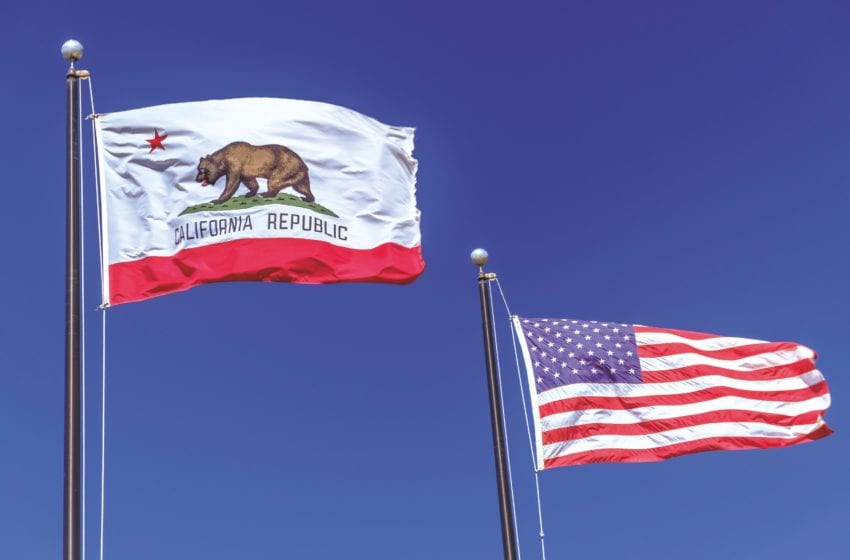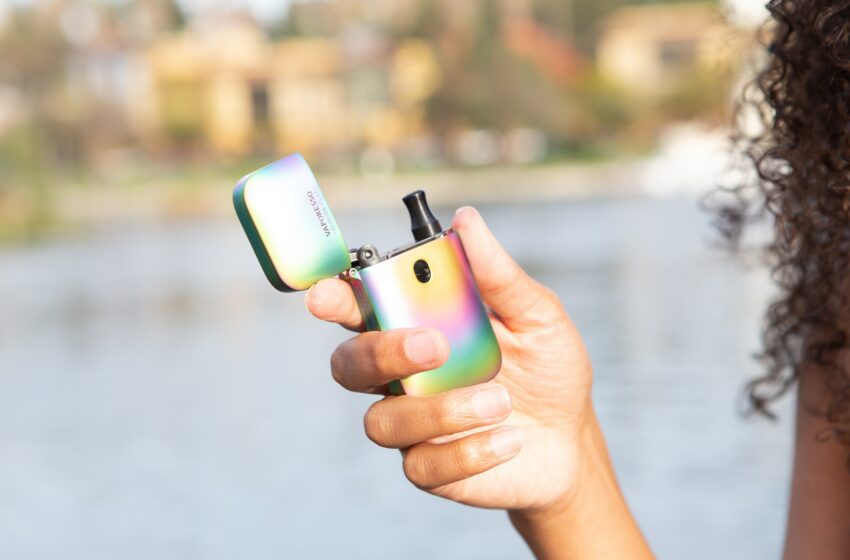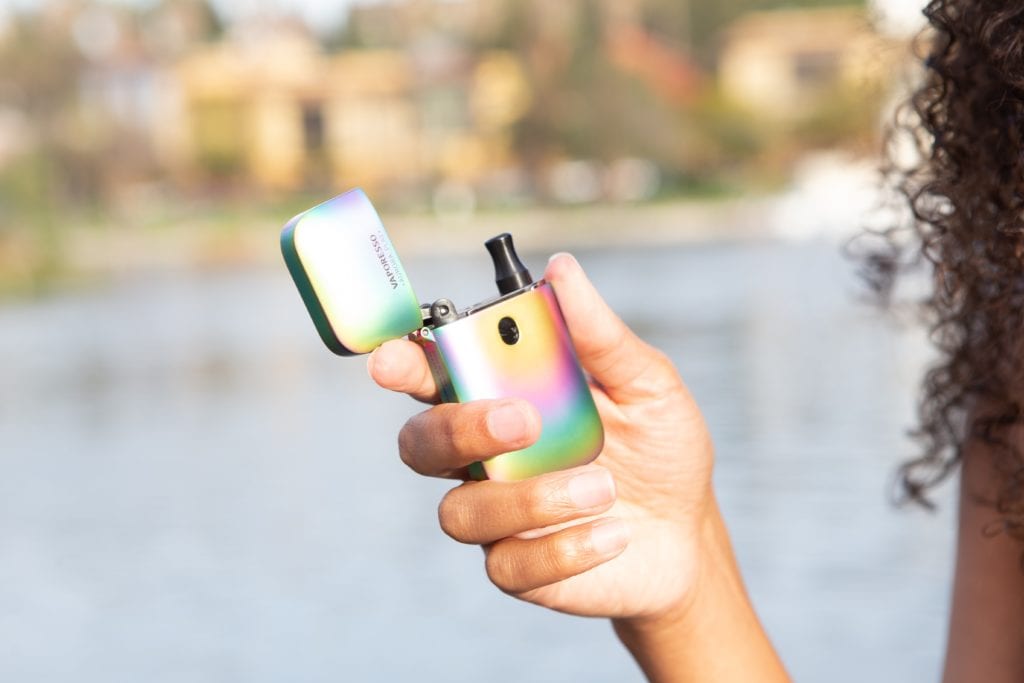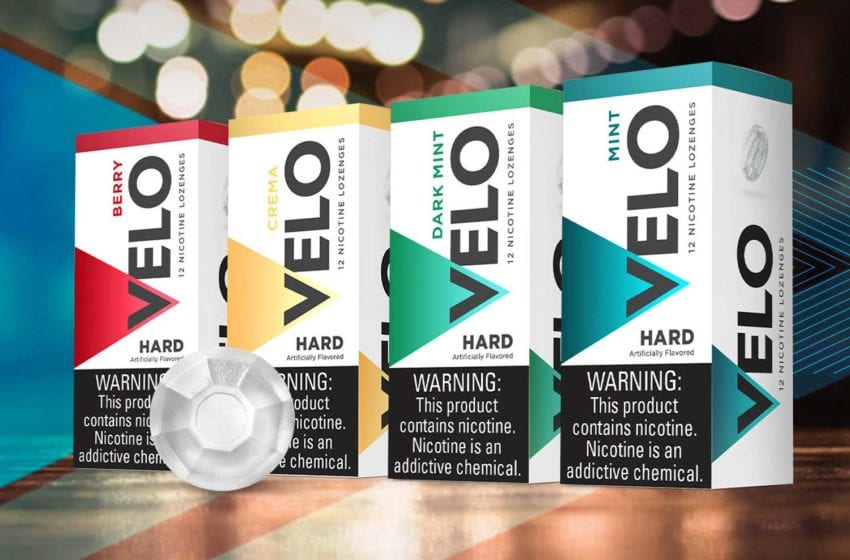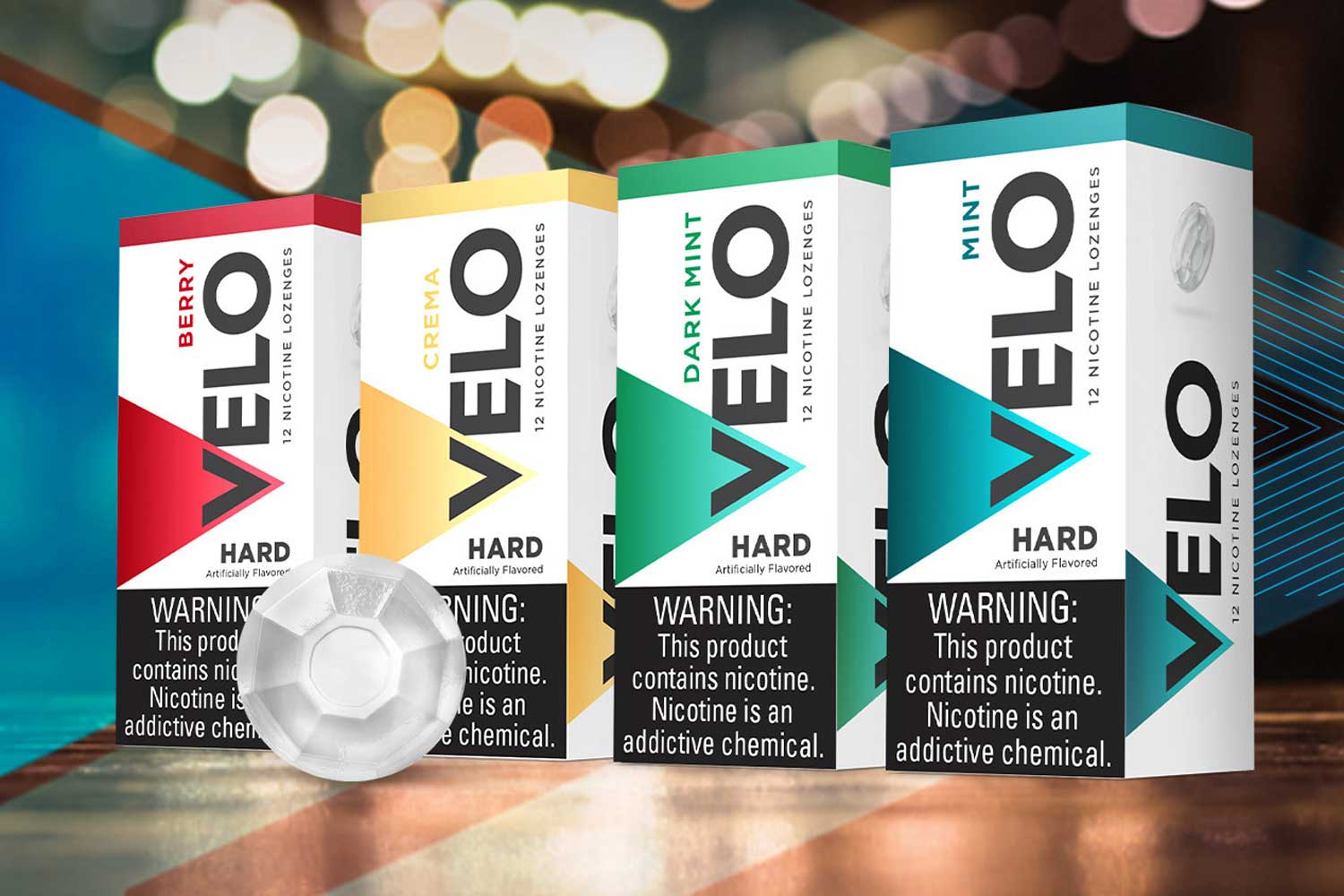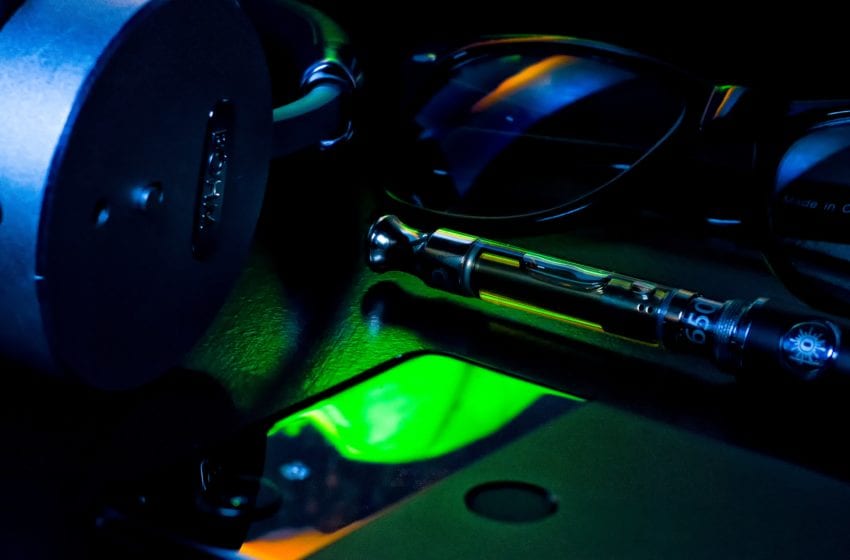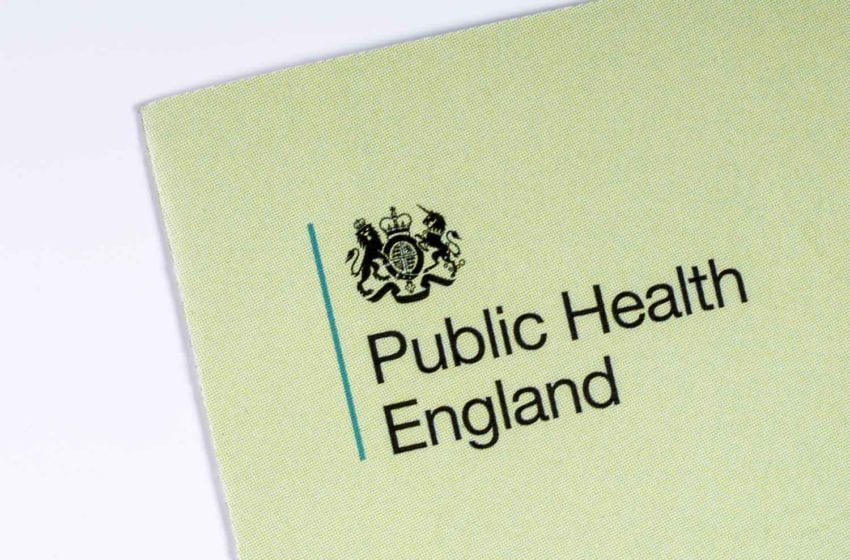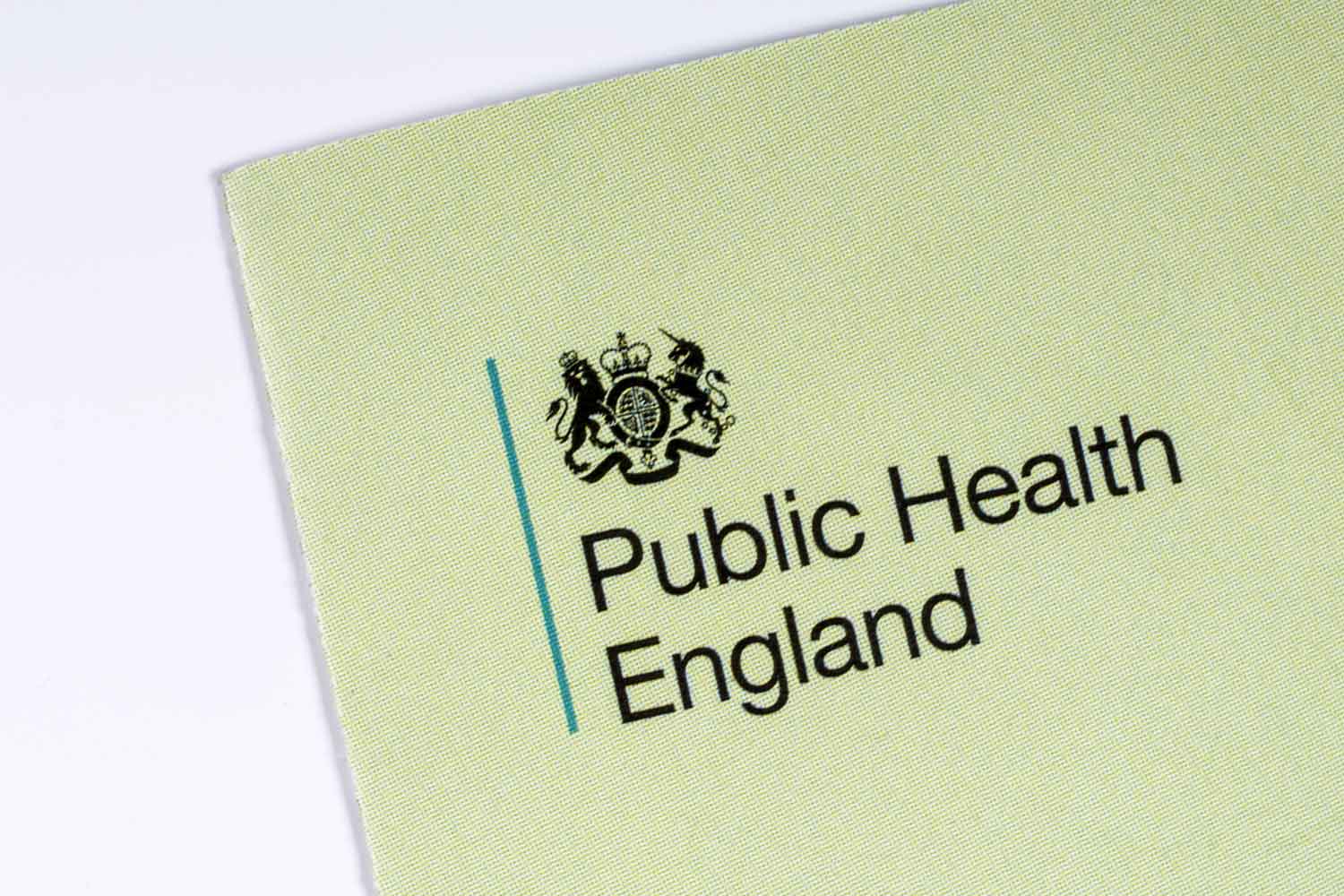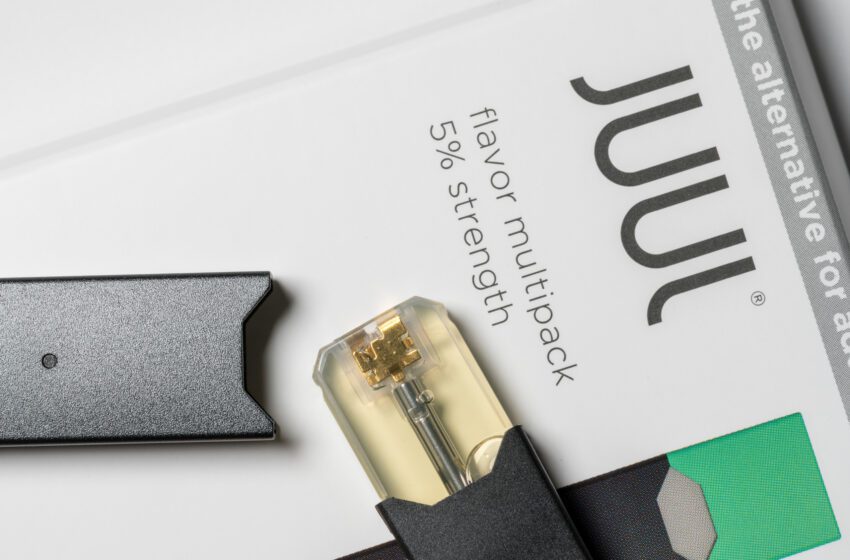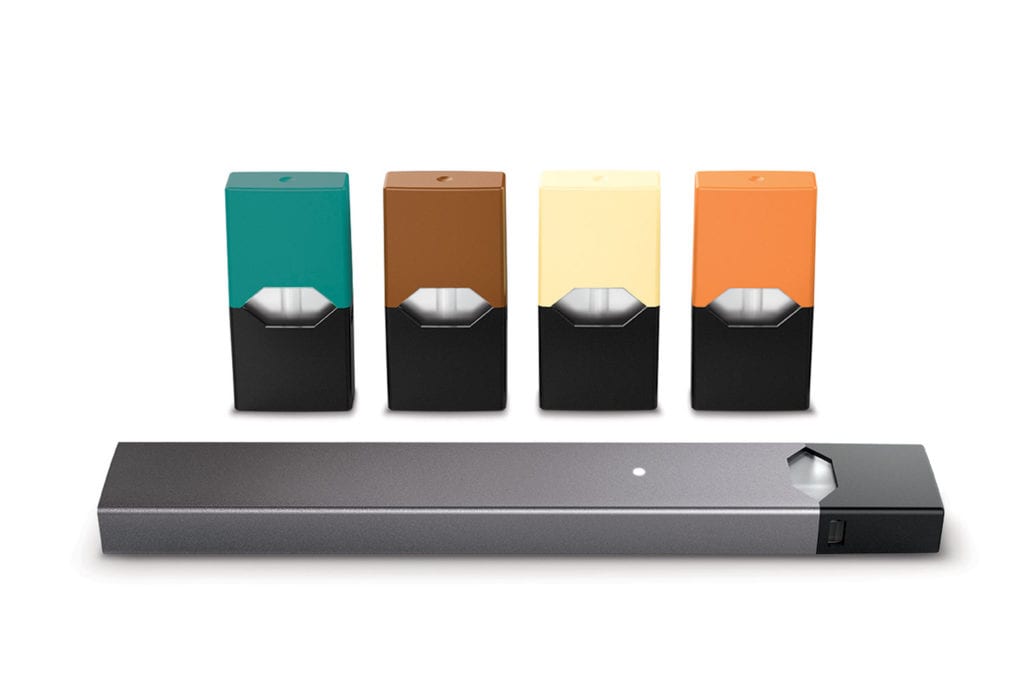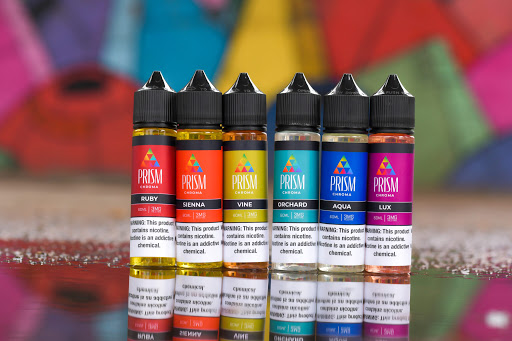
Finding a flavored vapor product in California is now an illegal act. The Golden State’s governor, Gavin Newsom, signed SB793 into law on Friday. His signed the bill after California’s Senate unanimously approved (34-0) an amended version of the bill returned by the Assembly. The law does not apply to online sales.
The bill prohibits a Vape shop owner or tobacco retailer, or any of those entities retailer’s agents or employees, from selling, offering for sale, or possessing with the intent to sell or offer for sale, a flavored tobacco product or a tobacco product flavor enhancer, subjecting them to a fine of $250 for each violation. It also allows local governments to impose greater restrictions on the access to tobacco products than the bill imposes.
California joins Massachusetts as the two states having flavored vaping bans, though each have unique exemptions to the laws. In Massachusetts, businesses defined as “smoking bars” are still able to sell flavored vaping and tobacco products.
In California, premium cigars and shisha/hookah products are exempt. The law also does not include the possession or use of flavored tobacco products.
The ban goes into effect on Jan. 1, 2021.

